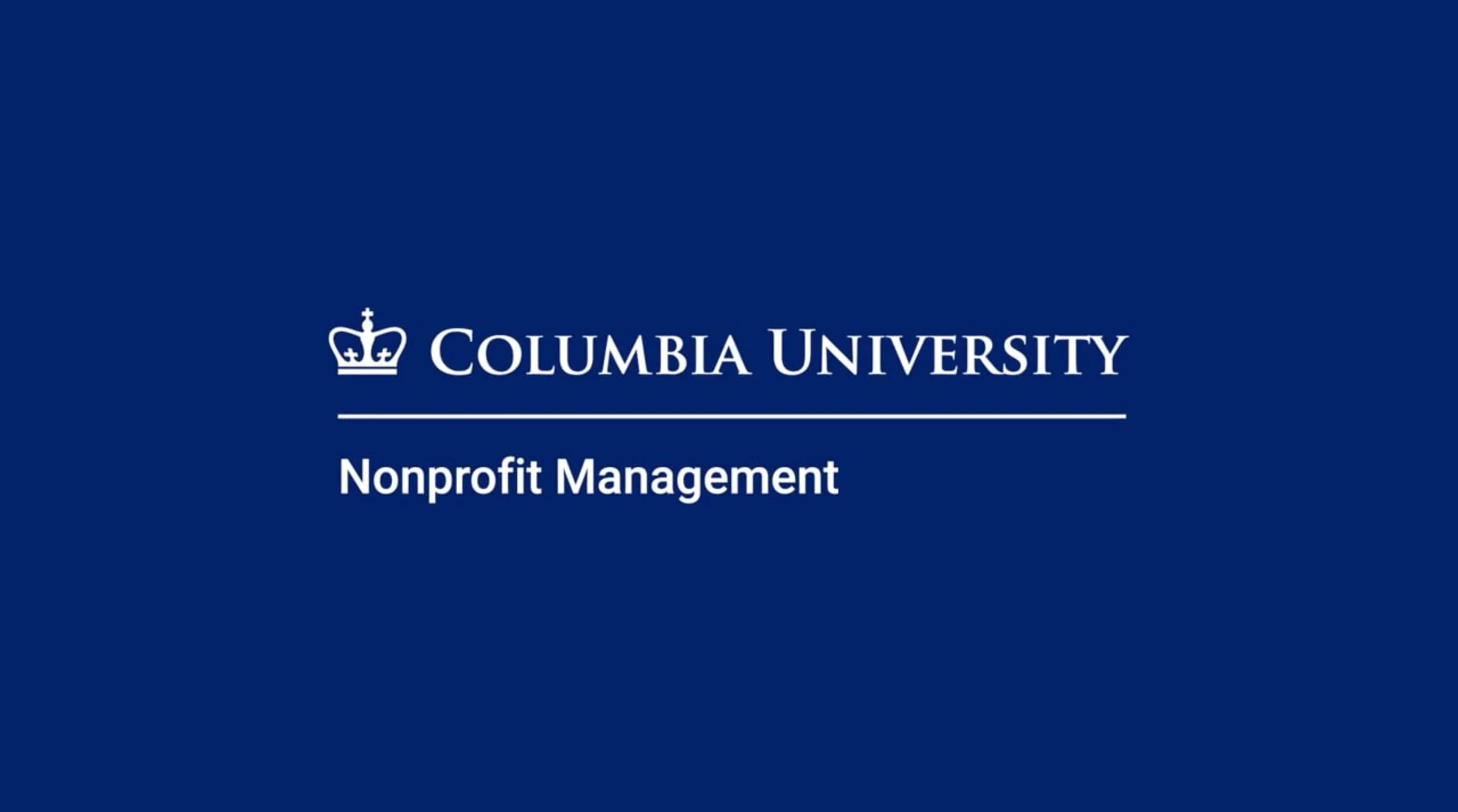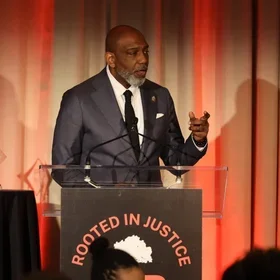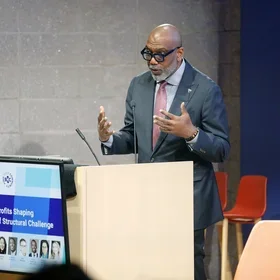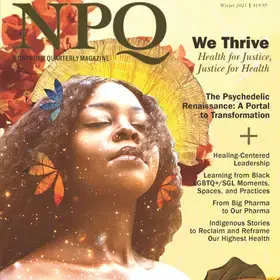
- Masterʼs Degree
Full-Time
Part-Time
- Summer term study is optional for on-campus students. Online students are required to take classes during the Summer.
- Full-time and part-time on campus students can take up to 50% of their coursework online.
- Online course options are available for on-campus students.
Mission driven?
So are we.
Columbia University M.S. Nonprofit Management
Located in New York City, the global center of the business and nonprofit world, Columbia's M.S. Nonprofit Management program prepares graduates to meet the challenge of measuring impact, doing more with less, and helping to meet unmet need here in the U.S. and around the world. The program's goal is that students gain the confidence, contacts, and knowledge needed to become effective and exemplary leaders in the nonprofit sector.
- Our program is a hands-on, interactive, small-class environment in which everyone can learn and thrive.
- Faculty are scholar-practitioners, who are leaders in the nonprofit and philanthropic sector.
- Students participate in a in-depth Capstone Project that pairs them with real-life clients to solve real-world challenges.
- New courses include Social Design Thinking, Practitioner's Guide to Global Innovation, Global Challenges and the Common Good, and DEIA at Work: Leading Inclusive Organizations.
| Program Options | Required Experience | Course Formats | Time Commitment |
|---|---|---|---|
| Master of Science (full‑time) | Professional experience or interest in mission-driven work |
On-campus |
3 terms Capstone Project Fall intake only |
| Master of Science (part‑time) | Professional experience or interest in mission-driven work |
On-campus or Online |
Up to 6 terms Capstone Project Fall intake only |
Connect with Us
Learn more about Nonprofit Management at Columbia University School of Professional Studies, or contact the program admissions counselor.
Request more informationStudy with Us
As admissions to our programs are highly competitive, we encourage you to apply as soon as possible. Learn more about the application process, deadlines, and requirements.
Learn moreApply
We encourage you to apply as soon as possible.
Request Information
Stay in the know with updates sent straight to your inbox.








